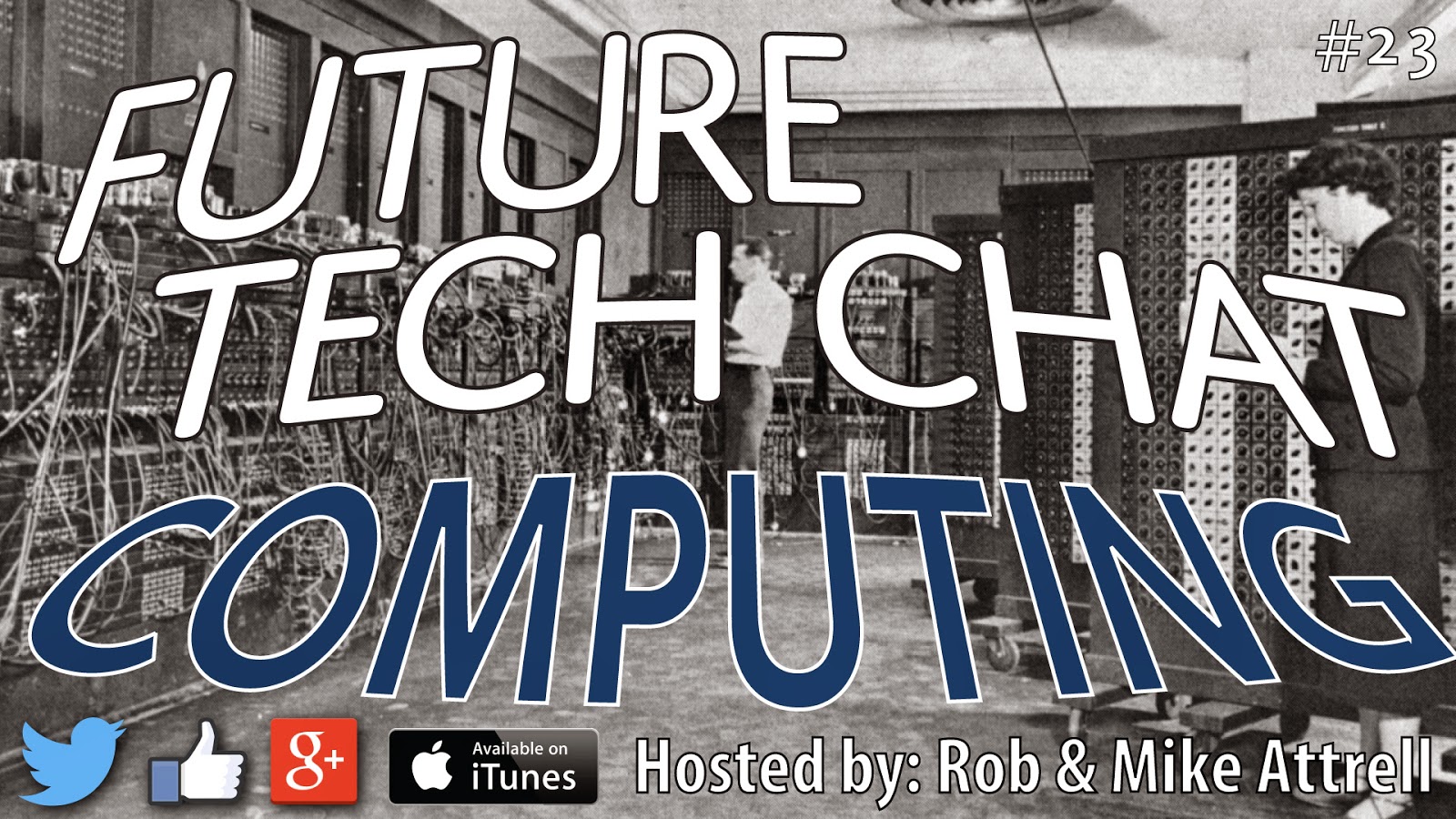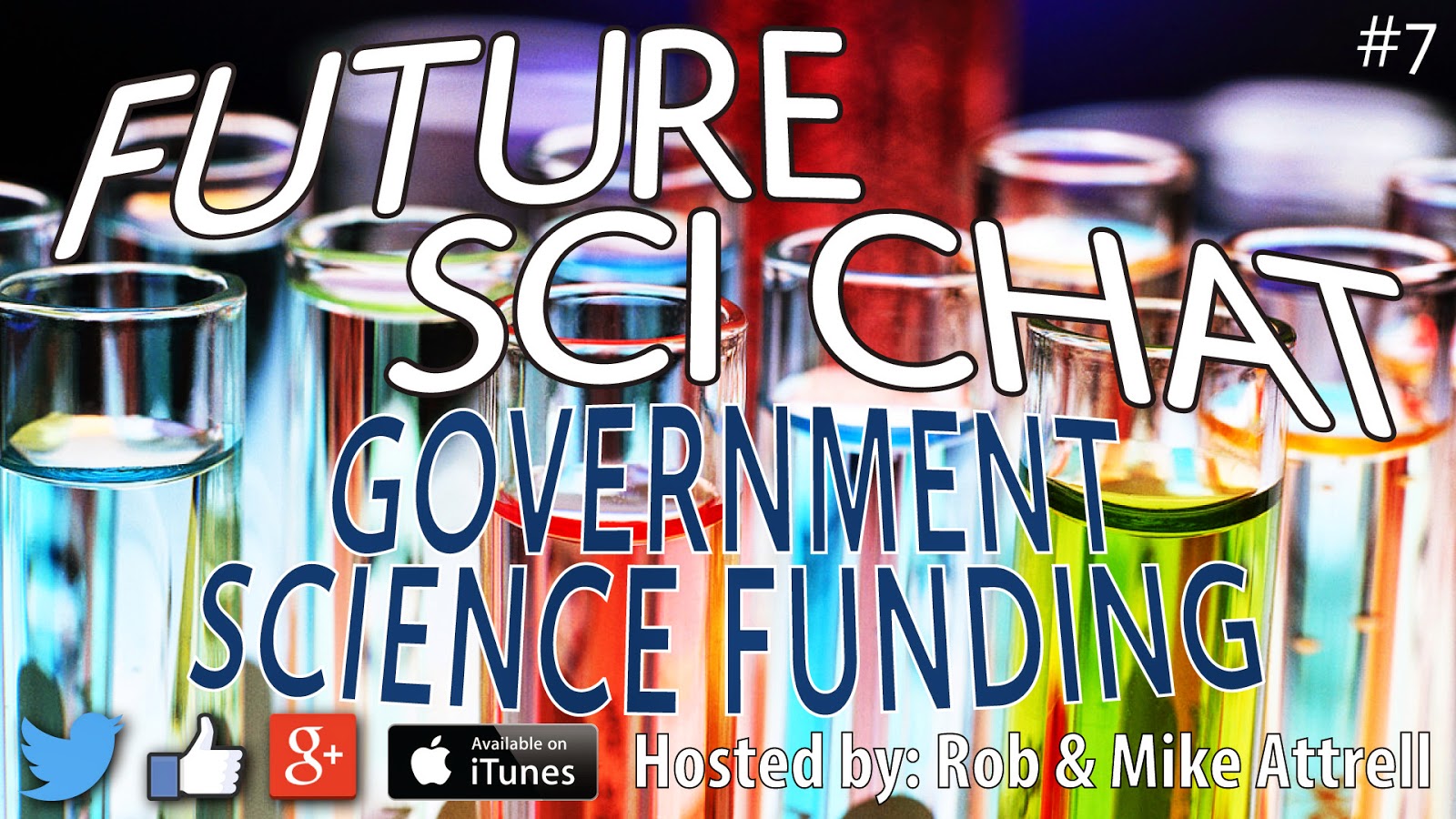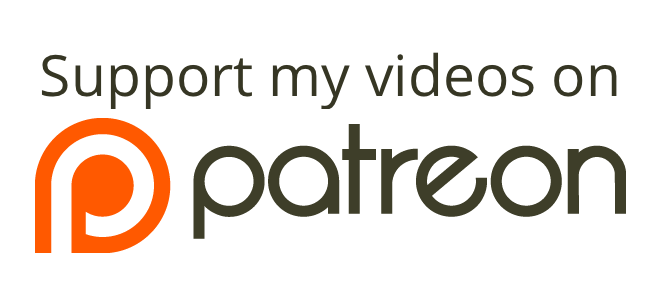The North American workforce is getting older. That shouldn’t come as a surprise to anybody, because the North American population as a whole is getting older. We are living longer lives, and our working years extend further and further into what has long been considered “old age”. As a relatively new member of the adult population of North America, most of my experience working after attending university has come from short stints of contract work.
I have a pretty unique, and diverse, set of skills, and so far no employer of mine has managed to truly use me to anywhere near my full potential. This, perhaps, is a fundamental flaw in the way employment is generally sought today, or it might be a matter of me failing to sell my skills and experiences properly. In either case, I don’t think my situation is unique, or even rare. When applying for an adult job today, the typical process will involve some frantic online searches of job boards, adding a resume to employment sites like monster.com or LinkedIn, and perhaps reaching out to friends and family, either IRL or on social media.

I know that I’ve gotten many of my job opportunities through a variation of this process; since I hit a lot of “standard” job requirements, like a university degree, valid security clearance, and bilingual certification among the most sought-after in the Ottawa job landscape (especially in the public sector). However, through the 5-6 different jobs I’ve done since 2011 when I graduated with a Master’s degree, I’ve yet to really land somewhere where I feel like I am making a real difference in a way that satisfies me. I certainly haven’t had any success in getting a job in a science lab directly, although to be fair those opportunities are generally given to the HUGE number of graduates who got several years of experience in a real wet lab. My chemistry experience consisted mostly of performing simple chemical manipulations on relatively simple substances and then doing a physical analysis of the sample in question to determine its composition and structure (this is called physical chemistry).
When I was finishing high school, all I wanted to do was chemistry. I found science SO interesting and I still do spend most of my time talking and thinking about science and technology. That’s why I went and studied chemistry in university, I wanted to know more and come to a fuller understanding of science and the world around me. If I had the opportunity to go back today, I would probably choose to follow a path similar to Derek Muller, from Veritasium. He has a PhD in science education, and wrote his thesis about the use of multimedia to more effectively educate.
When I graduated at the end of 2011, all I really knew was that I didn’t want to spend my whole life working in academia doing fundamental research. I learned a TON from university, and especially from grad school, but I’m sure the majority of actual science I did there won’t help me much for the rest of my life. Since the beginning of 2013, I decided that I didn’t have any interest in just living out my life, I wanted to control my own destiny and learn to do things that I wanted to do, and to find out what I wanted to do.
One of the weird things I discovered when I finished school is that it’s relatively easy to get a job with a degree, but it’s a lot harder to get a job you actually want to do. I’m of the opinion that everybody deserves to do something they actually enjoy doing, or at least that they are getting enough money to do it that it is worth it for them. One of the hardest things I had to do in my life happened about 6 months after I finished school. I had been working at Canada Computers, an electronics and computer parts store, starting about a week after I defended my thesis. I got the job by seeing an opening, walking into the store, and being hired on the spot after the interview. That felt pretty good. I didn’t know a lot about computers at the time, but I was very interested in technology and excited to learn more. What I did learn was that I need stimulation at work, including working on new things and learning pretty much all the time, or I would be very bored.
So skip to June of that year, 6 months after finishing school, and working in retail full time. I was getting ready to attend my graduation ceremony, and decided that I needed to quit my job. I had a little bit of money saved after my schooling (grad school doesn’t pay all that well, but it was enough with some student loan money), and so I knew I could weather the unemployment storm for a little while, looking for gainful employment.
In the end, it took me a little over 6 months of no work to find a job. In fairness to myself, I took July and August of that year (the first two months) to relax and take the break I never got immediately after school ended. I did work a few odd jobs through that fall with placement agencies, but most of that time was spent applying to jobs, and teaching myself how to code. By the middle of January, I was getting pretty desperate, and I was looking for any opportunity to kickstart my adult life. It was at that time that I reached out to a local band (Sons of Pluto for those interested) to see if these friends I knew were interested in help with a website and social media strategy, since I didn’t have much to do those days.
The very next day, I got an email to meet with my future boss, and in the almost 2 years since, I’ve only had about 8 weeks of unemployment since that day when I reached out to take control of my own life destiny…but that’s just the beginning of the story.
Tune in for Part 2 of this story tomorrow, where I will talk about what I think would be a good way to let new adults entering the work force ease their way in, and about the difficulties I’ve faced since starting that “adult” job in starting my actual “adult” life.
Once you’re done Part 2, be sure to check out Part 3 as well, on basic income and the future of the workforce.




















